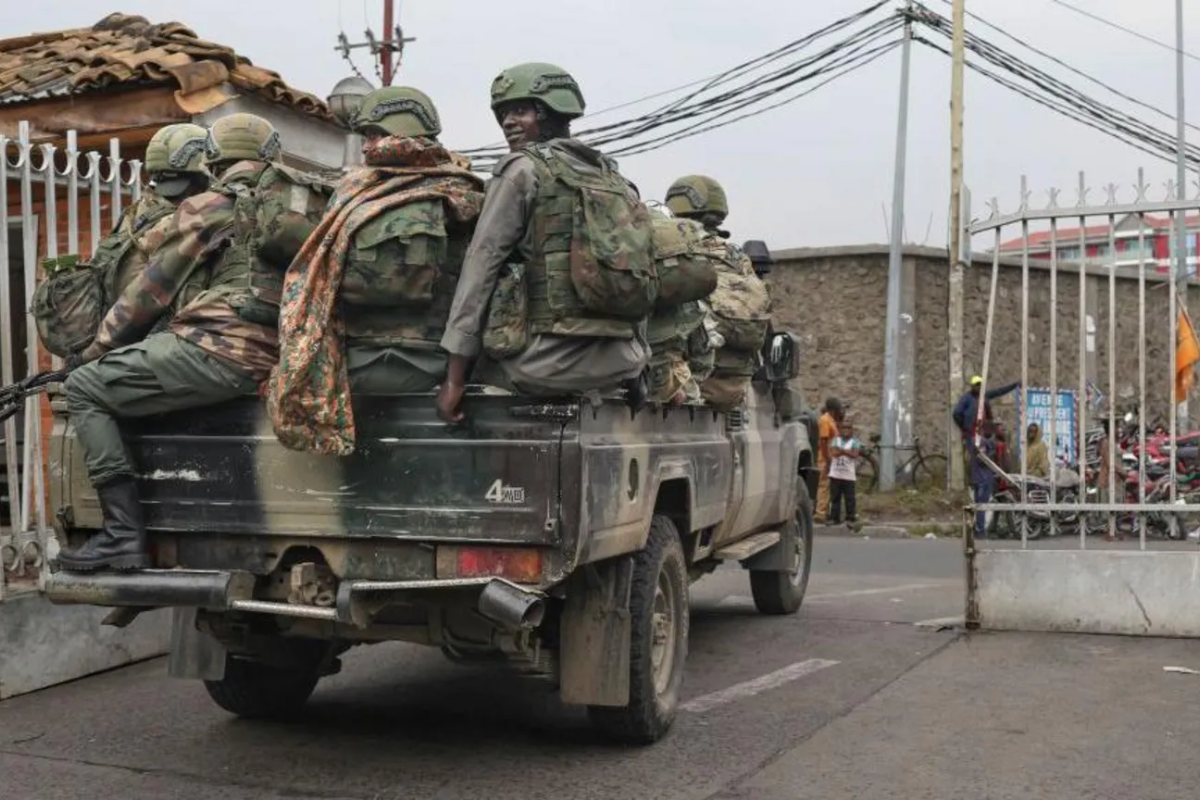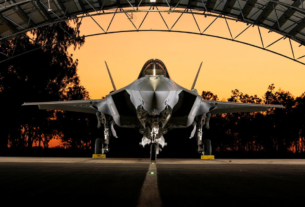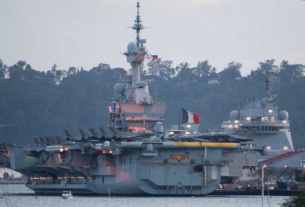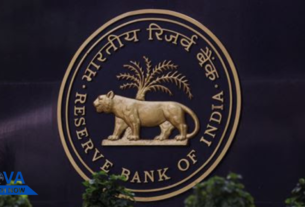Armed rebel groups in the Democratic Republic of Congo (DRC) have announced a temporary ceasefire to allow humanitarian aid to reach civilians. The M23 rebel group, which has been fighting government forces in eastern Congo, confirmed the halt in hostilities. The move follows international pressure to ease suffering in conflict-affected areas.
“We are allowing humanitarian groups to reach displaced people,” an M23 spokesperson said. Thousands of civilians have fled fighting in North Kivu province, seeking safety in overcrowded camps. Aid agencies report severe shortages of food, medicine, and clean water.
The ceasefire is expected to provide a window for aid deliveries to areas cut off by violence. The United Nations estimates that over 6.9 million people are displaced across the country. Eastern DRC has seen decades of conflict involving militias, government forces, and foreign actors.
Humanitarian organizations have welcomed the announcement but remain cautious. Previous ceasefires have been short-lived, with fighting resuming after brief pauses. Aid workers say long-term peace is necessary to address the crisis effectively.
The Congolese government has not commented on the ceasefire but continues military operations against the rebels. Officials accuse M23 of receiving support from neighboring Rwanda, a claim Kigali denies. Regional leaders have held talks to de-escalate tensions and restore stability.
The conflict has disrupted farming, trade, and basic services in affected regions. Many families depend on humanitarian aid for survival. Aid groups warn that without sustained peace, hunger and disease will continue to spread.
M23 fighters seized several towns last year, forcing thousands from their homes. The Congolese army, backed by regional forces, launched counterattacks to reclaim lost territory. Despite military efforts, violence has persisted, displacing more civilians.
The international community has urged both sides to pursue dialogue. The African Union and United Nations have called for an immediate end to hostilities. Peace negotiations have faced setbacks due to ongoing clashes and political disagreements.
Neighboring countries are closely watching the situation, fearing further instability. Rwanda and Uganda have been accused of interfering in the conflict, worsening regional tensions. Diplomatic efforts continue to find a lasting solution to the crisis.
Aid agencies are mobilizing resources to take advantage of the ceasefire. The UN and Red Cross have prepared emergency relief for affected communities. Access to remote areas remains a challenge due to damaged infrastructure and security risks.
Civilians hope the ceasefire will last long enough to receive much-needed assistance. Many have lived in displacement camps for months with little access to food or medical care. Humanitarian workers stress that more international support is needed to prevent further suffering.
Armed groups continue to operate in eastern Congo despite military efforts to restore order. Some factions oppose peace efforts, complicating negotiations. Observers say disarming rebel groups and addressing local grievances are key to long-term stability.
The situation in eastern DRC remains fragile despite the ceasefire. Rebels and government forces have a history of broken agreements. The success of this pause will depend on both sides honoring their commitments and prioritizing humanitarian needs.




